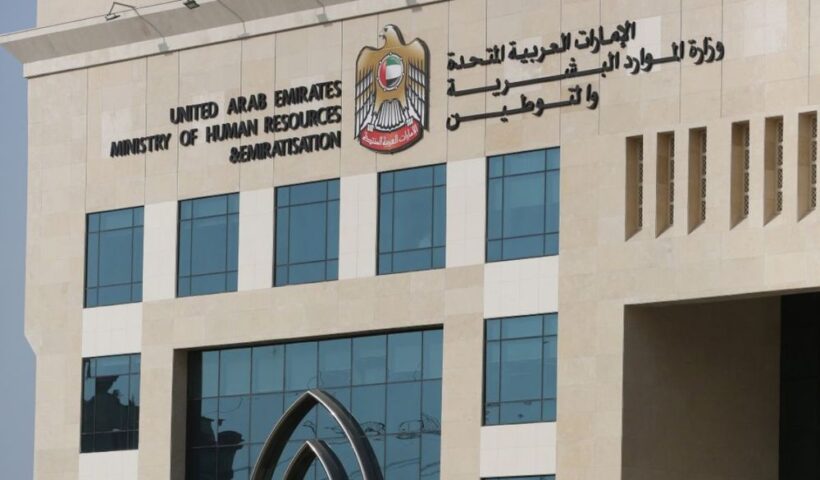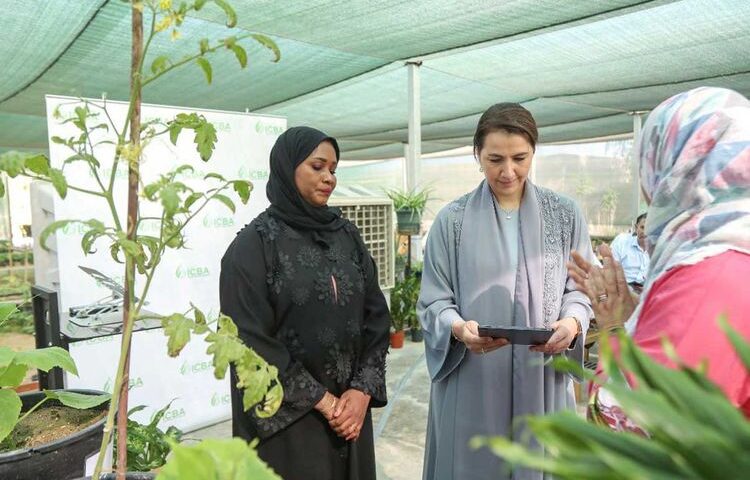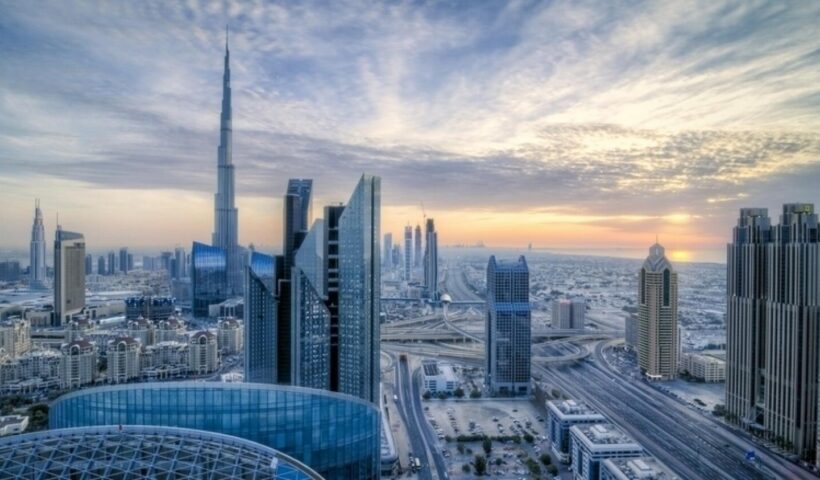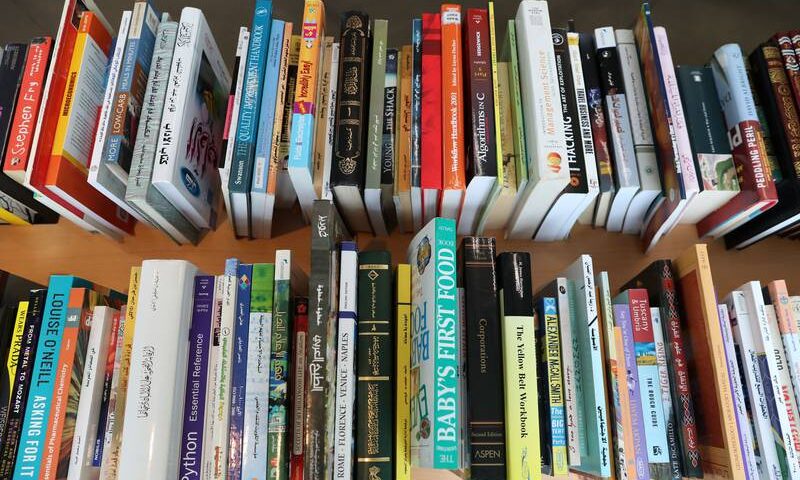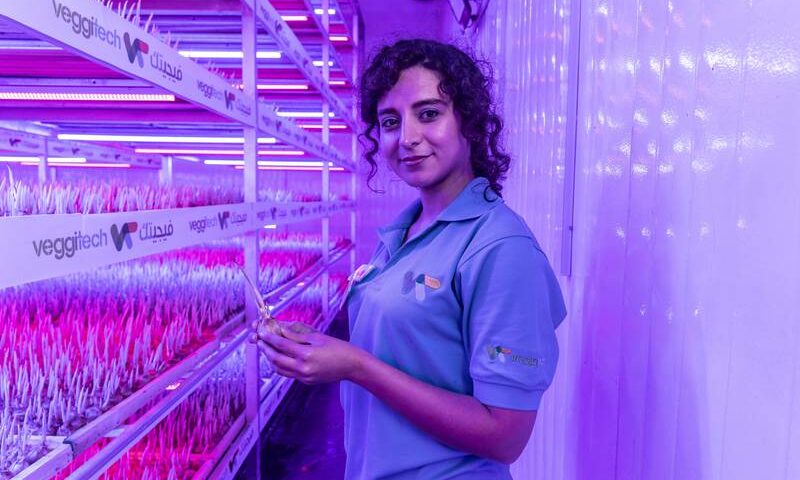The authority’s dashboard is filled with useful information regarding each individual’s consumption – information that goes beyond just bill payment
If leading a more sustainable lifestyle is part of your 2023 resolutions, then you need to be part of Dewa’s My Sustainable Living Program. In fact, Dewa’s dashboard for every account is filled with useful information regarding each individual’s consumption – information that goes beyond bill payment and delves into the nitty gritty of consumption. There’s even a year-on-year comparison for every month of the year.
My Sustainable Living Program:
Log on to your account and go to ‘My Sustainable Living Program’ at the bottom left.
The first necessary step is to update your Consumption Profile. To do, that you need to answer a series of questions including the following:
- How many people live in your home?
- How many people under 18 live in your home?
- How many bedrooms are there in your home?
- Can you estimate the surface area of your home (in m²)?
- If you live in a villa, do you have your own swimming pool?
- If you live in a villa, do you have your own garden?
- During the year, which months do you usually go out for vacation?
- How long is your vacation per trip?
Following that, click on ‘Configure your saving plan’ to get a series of tips to save electricity and water consumption in your house. Pick the ones you will follow, and they will be saved under ‘my saving plan’.
Other useful features on Dewa’s Dashboard
- “Away Mode”: a feature which helps you to closely monitor electricity and water consumption, and which will notify you of any unusual consumption while you’re away. The updates will be sent via email on a daily or weekly basis.
- “Similar home comparison”: Another feature worth noting in Dewa’s dashboard is the monthly similar home comparison, which compares your own consumption of both electricity and water to that of other homes in your area of residence.
- Dubai: Dewa’s Dh1.4-billion hydroelectric power plant in Hatta is 58.48% complete
- Dubai Electricity and Water Authority expects 14% energy capacity from clean sources



